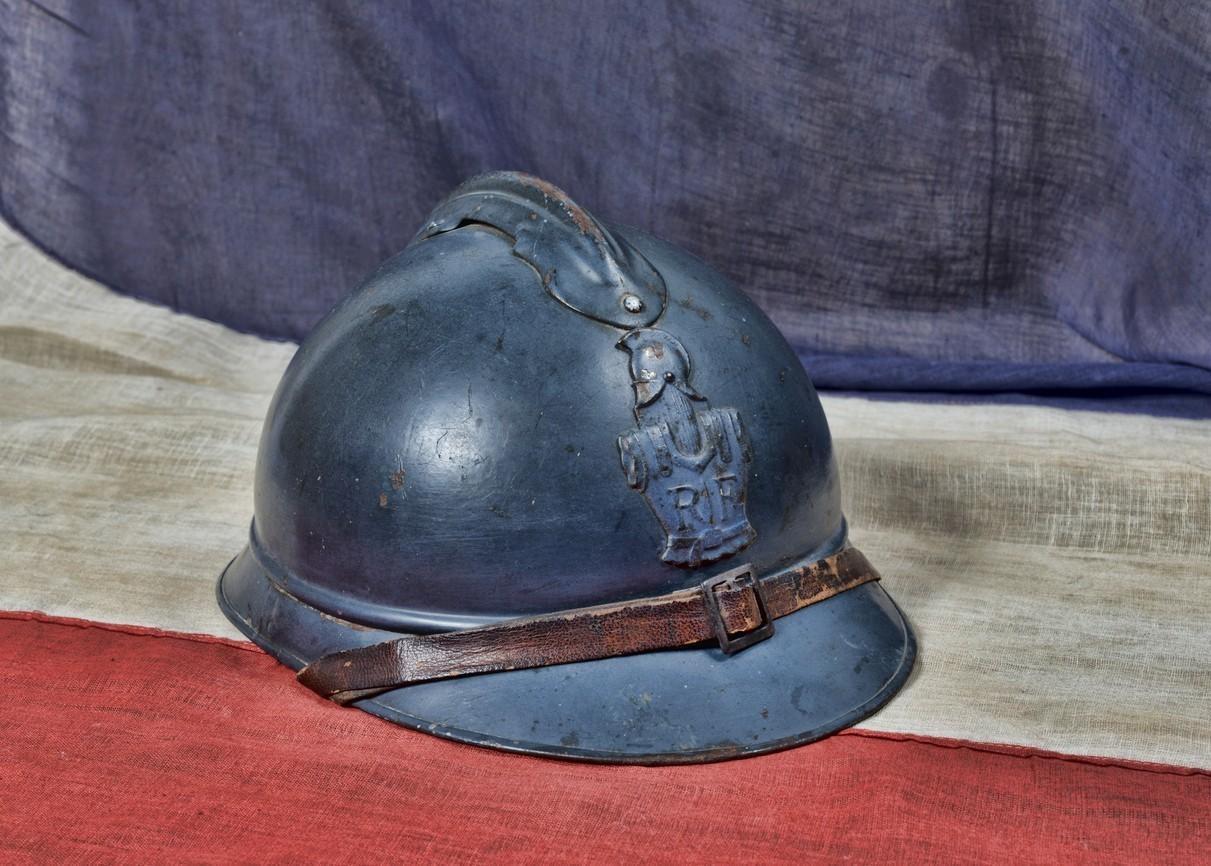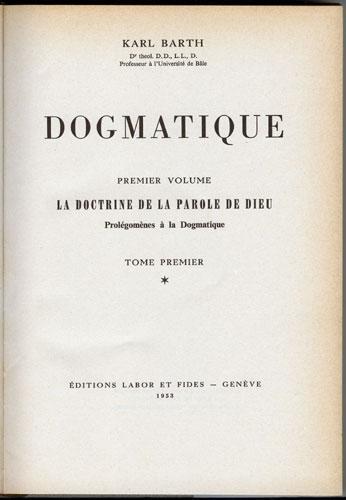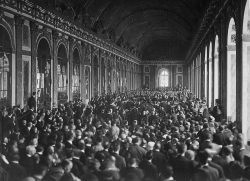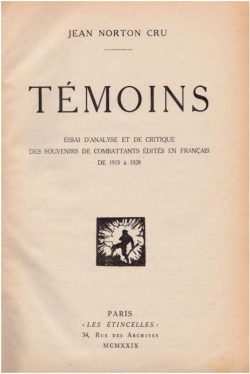The post-war period (1918-1930)
In 1918 an armistice was signed acknowledging German’s defeat. The veterans shared the same memories and wished to circulate them so that such a world conflict could never break out again. Experiencing war changed their perception of reality and reinforced their pacifist ideals. As Jules Puech said in a letter to his wife in July 1916, what Protestant intellectuals wanted was nothing but ‘Peace, Peace, Peace’.
Criticism of the Treaty of Versailles
The peace treaty signed in Versailles in 1919 had far-reaching consequences for Germany, because it included demilitarising the country, economic restraints, as well as imposing a heavy debt. The treaty was considered unfair by some intellectuals such as Charles Gide (1847-1932), a university professor of political economy. According to him, France had no interest in having a ruined neighbour; on the contrary, Charles Gide was in favour of resuming economical, political and religious relations with Germany. The treaty was also heavily criticised because it accused Germany of being solely responsible for the war.
Nevertheless, the peace treaty carried advantages such as demilitarising European countries, and the creation of the League of Nations whose aim was to maintain peace in Europe. Protestant intellectuals maintained their pacifist ideal in spite of the war. They hoped to resume Protestant international relations, because they believed that dialogue was the best means to maintain peace.
Writing about remembrance
After the war a great number of veterans, traumatised by what they had been through, wrote about their personal experience of war. They wanted to raise awareness among future generations in order to avoid another world conflict.
Jean Norton Cru (1879-1949), a pastor’s son and teacher of French literature, who had spent 28 months in the trenches, sorted and assembled three hundred testimonies about the war in a book entitled Témoins (Witnesses) deemed an ‘anti-war weapon’ in 1929. J.N. Cru was thus the first archivist of the trenches and hoped ‘to exclude a number of “phony” witnesses and true liars’.
Thanks to eyewitness reports the reader discovered how horrible the front line was, the dead, the injured, the shells…but also the solidarity among soldiers of all faiths. Indeed Catholics and Protestants prayed together, chaplains supported every believer…comradeship appeared within regiments, soldiers supported one another in order to face the battles together. They were no longer characterised by their faith or the community they belonged to as civilians, but they all belonged to the same regiment and were confronted to with the same horror. A military community was created, who having shared the same experiences they wanted to recount it.
The awareness of war
Europe in the 1930s saw a rise of totalitarian regimes. Some Protestant intellectuals were worried about the freedoms of expression and worship. War seemed unavoidable, and the pacifism of 1918 among the Protestants evaporated. An awareness appeared: it would be good to destroy totalitarian regimes who implemented repressive policies.
On the eve of World War II Protestant intellectuals no longer wanted to defend their country as in 1914, but to defend acquired freedoms. A number of them entered the resistance, who along with others shared the one principle: to stop totalitarian regimes. They were inspired by novels such as Roux le bandit (Roux the bandit) (1925), whose approach was no longer considered as that of a deserter, but as a partisan. André Chamson, the author of the book, said about his character that ‘if he had still been of an age to fight, he would have been a member of the Volontaires de l’An 44 (Voluntaries of the Year 44)’. Roux embodied a model of the resistance.
When the Great War ended, the international Protestant community was split; but twenty years later on the eve of the second world conflict of a totally different type, it united its forces to fight a common enemy.
Progress in the tour
Bibliography
- Books
- Articles
Associated tours
-

Protestants during World War I
Though the Protestant community represented a minority of the French population, i.e. only 1.6% in 1904 since Alsace-Moselle was lost, it played an important role thanks to its commitments and...
Associated notes
-

The written works of Karl Barth (1886-1968)
At the core of Karl Barth’s written works are the numerous volumes of the Church Dogmatics. This huge undertaking to develop a theology nourished an ethical problem pertaining to history,...



